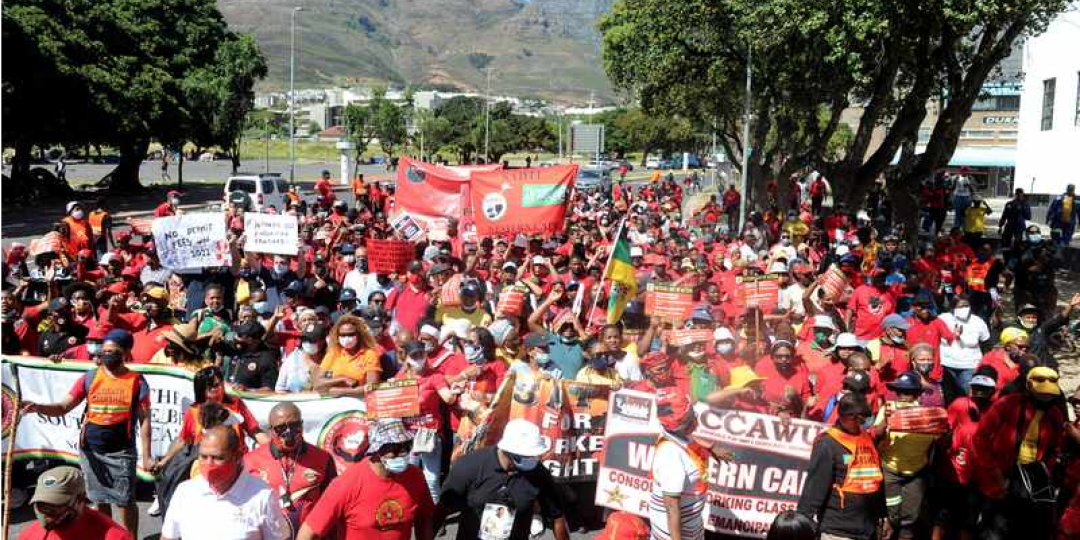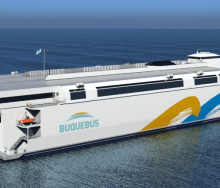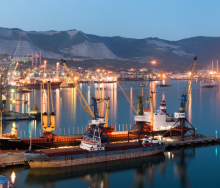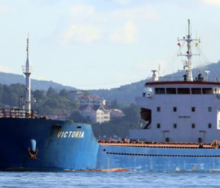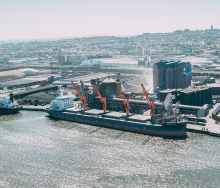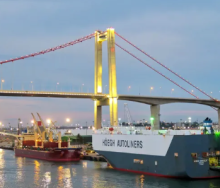South Africans awoke to what appeared to be business as usual on the morning of the Congress of SA Trade Unions (Cosatu) and SA Federation of Trade Unions national shutdown in protest against load-shedding and the spiralling cost of living.
This comes after the SA National Taxi Association announced that it would not be participating in the national shutdown and the government warned public servants against downing tools.
The Public Service and Administration Department said that government essential workers were not allowed to join in the protected strike during working hours and the principle of 'no work, no pay' would apply if they chose to strike.
In KwaZulu-Natal, major roads such as the N2, N3, M19 and M13 were open to traffic with no obstructions, and taxis could be seen operating along their usual routes. By late morning around 500 protesters had gathered at King Dinizulu Park in Durban and proceeded to march peacefully through the CBD.
Scattered protests that appeared to be unrelated service delivery protests were reported near Mooi River and Estcourt on the R103, in Kokstad and Bizana on the R61, and in Muden on the R74.
Similarly, in Johannesburg there were no major disruptions to traffic or signs that workers had heeded the call for a shutdown en masse.
Hundreds of protesters gathered outside the Union Buildings in Pretoria where the trade unions are expected to hand over a Memorandum of demands to President Cyril Ramaphosa.
Minister in the Presidency, Mondli Gungubele, is expected to hold a media briefing after receiving the memorandum of demands from protesters.
